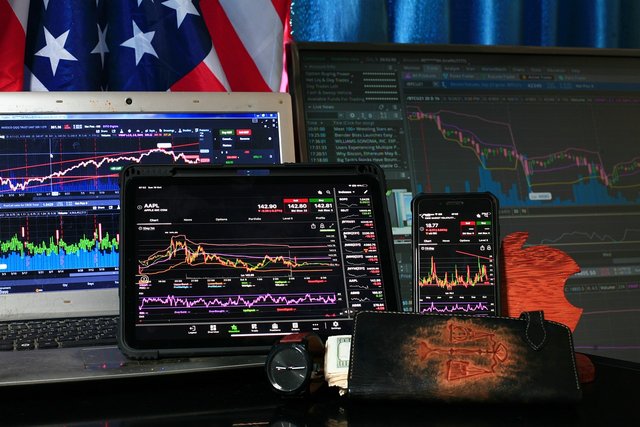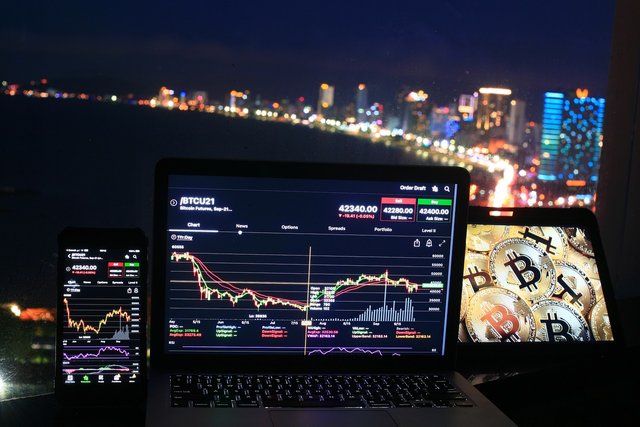The Rise Of Blockchain-Based Governance Models In Organisations
Introduction
Integrating blockchain into governance makes it possible to move from conventional centralized management to a model that is far more decentralized, transparent and efficient. Centralized governance techniques depend on muddled and flexible decisions that can easily be altered, but blockchain stores every bit of action performed on its network in an unchangeable ledger. This enhances accountability, reduces corruption, and improves the fairness of governance by allowing the constituents to authenticate and observe various activities during the management processes.
Automation of administrative tasks using smart contracts is one of the features that comes with blockchain governance systems. These contracts, which are self-executing, guarantee that every rule is obeyed without the need of a person, thus bias and inefficiency associated with human intervention is avoided. It is possible to conduct voting, real time auditing and even manage finances in an open and robust manner, therefore creating a stakeholder driven governance model based on democracy, efficiency and fairness.
An increasing number of organizations fully understand the potential of blockchain governance systems as the technology matures. All types of businesses, including corporate and non-profit organizations, are adopting blockchain implementation with the aim to increasing security, reducing operational costs, and enhancing transparency of decisions. This is the change we have been waiting for; that governance will not only be more constructive, but also more inclusive, verifiable, and free from centralized control, ensuring sustainable and trustworthy management practices for modern organizations.
- Automated Governance Reporting
Real time information concerning the organization's decision-making activities and procedures is automized by reporting governance tasks on the Blockchain. With the ability to produce accurate and foolproof documents, organizations can ensure accountability and transparency all while minimizing the resources spent in the manual compliance and documentation processes.
Administrative costs are minimized and efficiency boosted by utilizing smart contracts which eliminate human intervention in the fulfilling of pre-set conditions that subsequently give rise to the automation of governance reports. It is obligatory for every organization’s action to be documented, thus ensuring the stakeholder’s access and secure information.
Such an automated tool provides an auditable trace for all governance actions which, apart from offering better regulatory compliance, also improves automated reporting. This increases the ease and trust of stakeholders when it comes to external auditing, and ensures that the organization comprehensively manages and accounts for all decisions made.
- Incorporating AI for Better Governance
The integration of blockchain and AI improves governance by allowing automated decision-making through real-time data analysis. Trends, predictions, and suggestions in optimal governance actions can be proposed by AI within a blockchain organization.
AI-driven smart contracts can dynamically execute the governance rules and adjust the policies depending on the circumstances. This maximally mitigates human bias, provides optimal organizational efficiency, and makes it possible to agilely change organizational governance structures in response to business changes in a transparent way.
With the integration of AI, blockchain governance models become more prescriptive and less reactive. AI can be leveraged to improve the voting process, fraud detection, and other important policy-making aspects, which can change the idea of governance for the better.
- Increased Investor Trust in Corporate Governance Accountability
Investors' trust is reinforced through blockchain based governance due to accurate reporting and ethical decision making. A secure and permanent ledger makes it possible for investors to confirm all transactions and governance activities, proving there is little chance of fraud and misconduct.
Decentralized governance structures avert insider control and ensure unbiased decision-making. Voting with tokens and audits on the blockchain make sure that the holders of the corporate office do not evade responsibility, thereby enhancing trust and improving governance standards among investors.
The introduction of blockchain has given these authorities greater control and supervision in governance issues. Shareholder rights are protected through smart contracts, which guarantees that decisions made regarding an investment undergo ethical and legal scrutiny, resulting in improved honesty and increased corporate sustainability.
- The Future of Corporate Governance
Decision-making in a company stands to benefit tremendously from the proprietary and immutable nature of blockchain technology. These systems streamline processes by removing bureaucratic obstacles, minimizing global workforce corruption, and encouraging full stakeholder involvement through monetized governance tokens.
To automate compliance and improve data safety and stakeholder interaction, governance will lean towards blockchain adoption. The change to a blockchain-based structure will provide organizations with enhanced operational efficiency, responsibility, and flexibility amid the everchanging business environment.
Corporations from all corners of the globe will start transitioning towards more decentralized governance structures with the rise of blockchain adoption. These new models will change the face of corporate governance by placing emphasis on justice, equity, and operational transparency, thereby creating a positive governance paradigm for all.
Conclusion
The need for increased transparency, ease of automation, and heightened investor confidence are compelling reasons for governance models all over the globe to shift towards blockchain technology. The efficiency, accountability, and active decision making made possible through AI and blockchain will transform the corporate governance structure. Shift towards blockchain adoption will be a one-way street which guarantees the future will foster governance that is decentralized, secured, and transparent.
.jpg)
.jpg)
.jpg)
https://x.com/MercyAyang2862/status/1905708335762161853?t=asFg5XkteiRuYeh-ZpQxvg&s=19
https://x.com/MercyAyang2862/status/1905709132986159282?t=M64TFj6vM6-n_YhKOU4yow&s=19
https://x.com/MercyAyang2862/status/1905709413551509542?t=FkF0WTXhzEQYjxTdRAiNuQ&s=19
https://x.com/MercyAyang2862/status/1905709688551022875?t=3uqBC1tEzxUY0FOBPoqwdQ&s=19
Upvoted! Thank you for supporting witness @jswit.
💦💥2️⃣0️⃣2️⃣5️⃣ This is a manual curation from the @tipu Curation Project
@tipu curate
Upvoted 👌 (Mana: 5/8) Get profit votes with @tipU :)
https://coinmarketcap.com/community/share/post/356727415
Note:- ✅
Regards,
@jueco